Introduction
The Ultimate Guide to Havanese: Small, friendly dogs ideal for families and homes.
- They have a charming personality and are easy to train
- This breed has a beautiful, silky coat that requires regular grooming
- Havanese are known for their playful nature and adaptability to indoor living
- They are affectionate and form strong bonds with their owners
- This Ultimate Guide to Havanese covers all you need to know about their care
1. Havanese Appearance and Coat Care
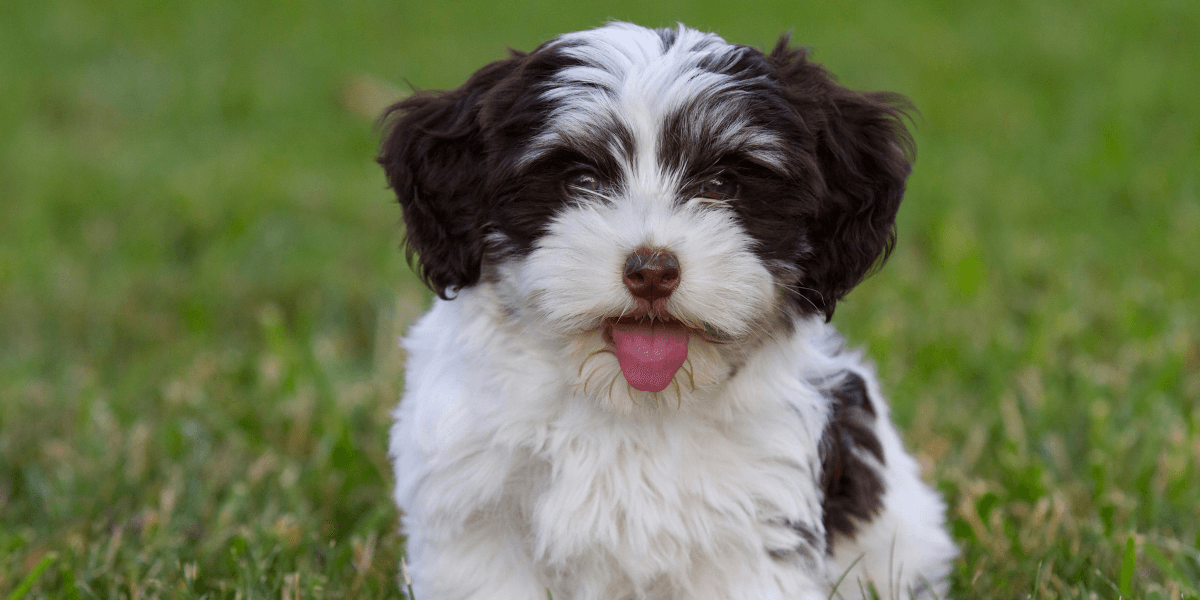
The Havanese has a distinctive, long, silky coat that needs regular care.
- Brushing frequency: Brush Havanese coats at least 3 times a week to avoid tangles
- Bathing routine: They should be bathed every 2-3 weeks to keep their coat clean and soft
- Professional grooming: Regular grooming appointments are recommended every 6-8 weeks
- Shedding concerns: Havanese shed minimally, making them ideal for allergy sufferers
- Clip vs. full coat: Some owners prefer to clip their coat short for easier maintenance
- Coat types: Their coat can be either straight or slightly wavy, both requiring care
- Ear cleaning: Regular ear cleaning is essential to avoid infections due to hairy ears
2. Havanese Temperament
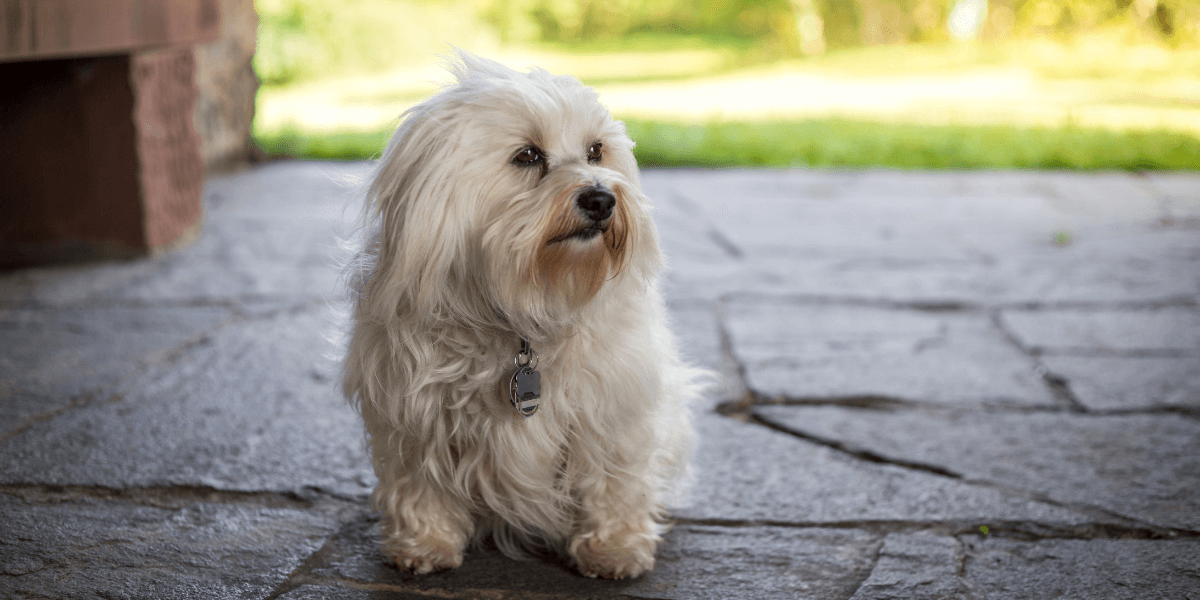
Havanese are known for their friendly, intelligent, and playful temperament.
- Playfulness: Havanese are energetic and love interactive play with their owners
- Socialization: They thrive in social environments and enjoy meeting new people
- Adaptability: These dogs thrive in apartments with regular exercise and play
- Training ease: Havanese are smart and easy to train, ideal for first-time owners
- Affectionate nature: They build strong family bonds and love being close to their owners
- Good with children: Their gentle nature makes them perfect for families with kids
- Separation anxiety: They dislike being alone and may develop anxiety if left too long
3. Exercise and Activity Needs
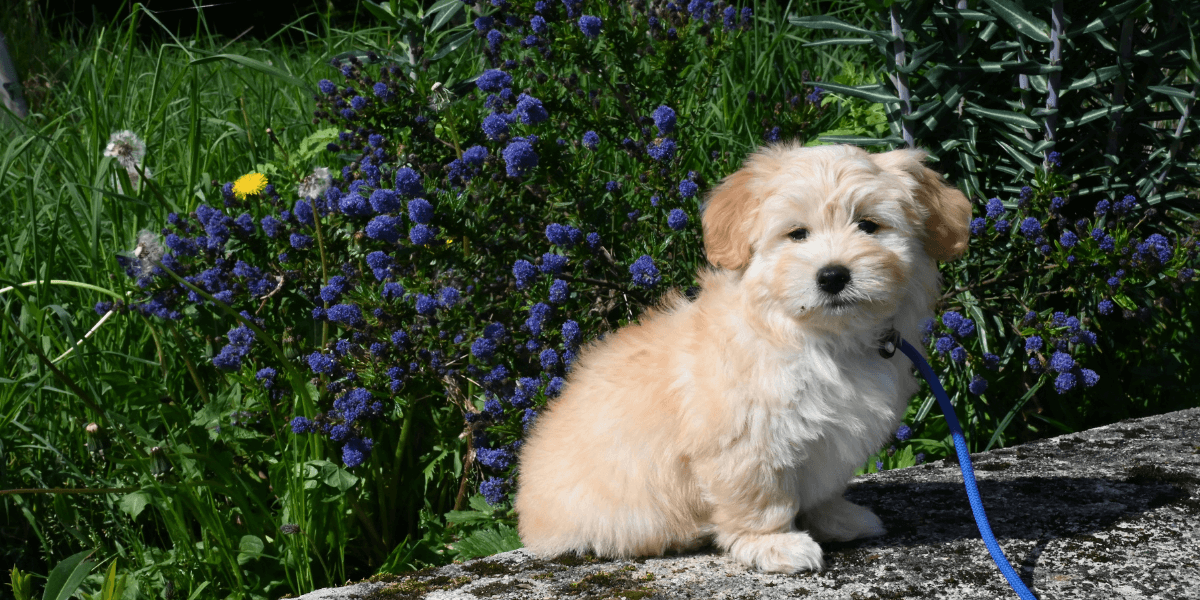
Though small, Havanese dogs are active and need regular exercise to stay healthy.
- Daily walks: A Havanese needs at least 30 minutes of daily walking to stay fit
- Indoor play: They love fetch and puzzle toys to stay mentally stimulated and happy
- Backyard time: If you have a backyard, they love spending time exploring and playing
- Social outings: They enjoy trips to the park where they can socialize with other dogs
- Training as exercise: Sessions keep them sharp and mentally stimulated
- Avoid overexertion: Don’t overexercise your Havanese, especially in hot weather
- Mental enrichment: Interactive toys and games keep their mind sharp and healthy
4. Feeding Your Havanese
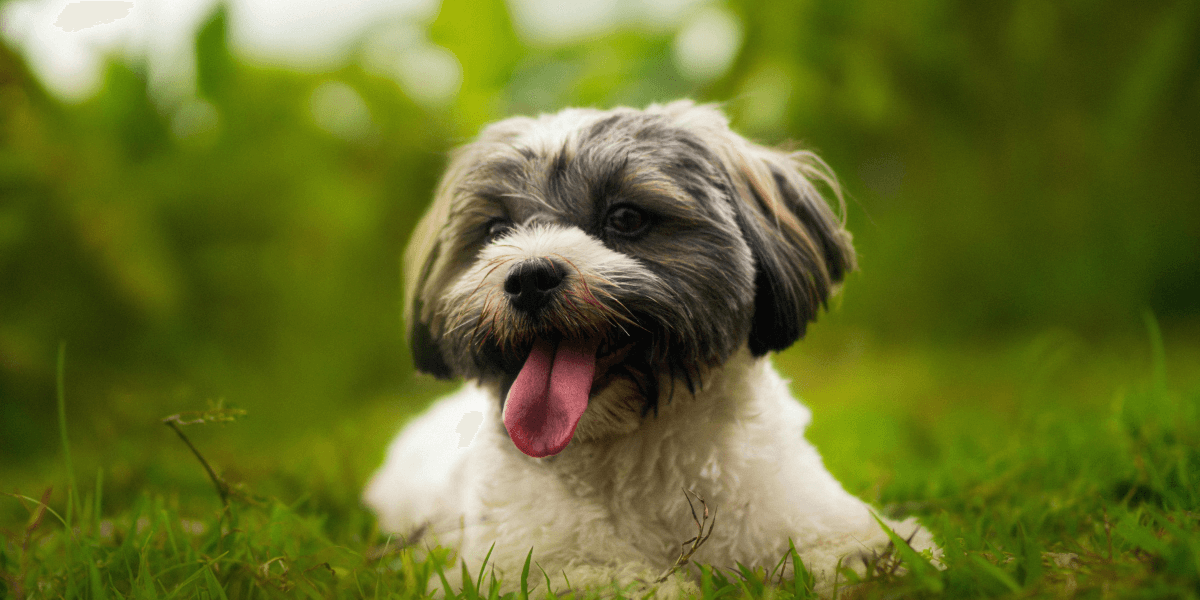
Providing a balanced diet is crucial for keeping your Havanese healthy and happy.
- High-quality food: Provide premium dog food with top ingredients and balanced nutrition
- Meal frequency: Adult Havanese should be fed twice a day for optimal digestion
- Portion control: Adjust portion sizes to prevent overfeeding and avoid obesity
- Hydration: Ensure they always have access to fresh water to stay hydrated
- Food allergies: Watch for reactions to grains or chicken as potential food allergies
- Healthy treats: Opt for healthy treats like vegetables or low-calorie dog snacks
- Avoid table scraps: Feeding them table food can lead to unhealthy and unwanted habits
Discover top nutrition tips for your Havanese and explore the best foods and supplements for optimal health.
5. Health Issues Common in Havanese
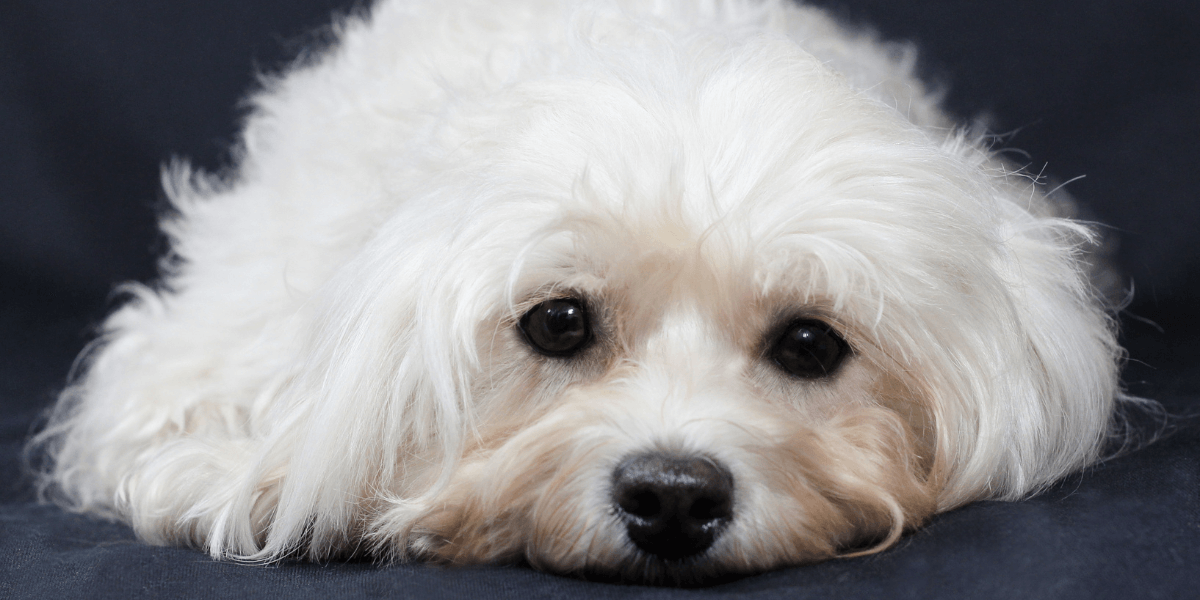
Like all breeds, Havanese are prone to certain health issues that require attention.
- Patellar luxation: Havanese can develop this knee issue, causing mobility problems
- Eye problems: Cataracts and progressive retinal atrophy are common in the breed
- Hip dysplasia: Although less common, some Havanese may develop hip dysplasia as they age
- Heart disease: The Ultimate Guide to Havanese notes they are prone to heart murmurs
- Allergies: They can suffer from skin allergies caused by environmental factors or diet
- Dental care: Brush regularly to prevent dental disease, which is common in small breeds
- Obesity: Havanese can gain weight from overfeeding or lack of exercise, causing problems
6. Training Your Havanese
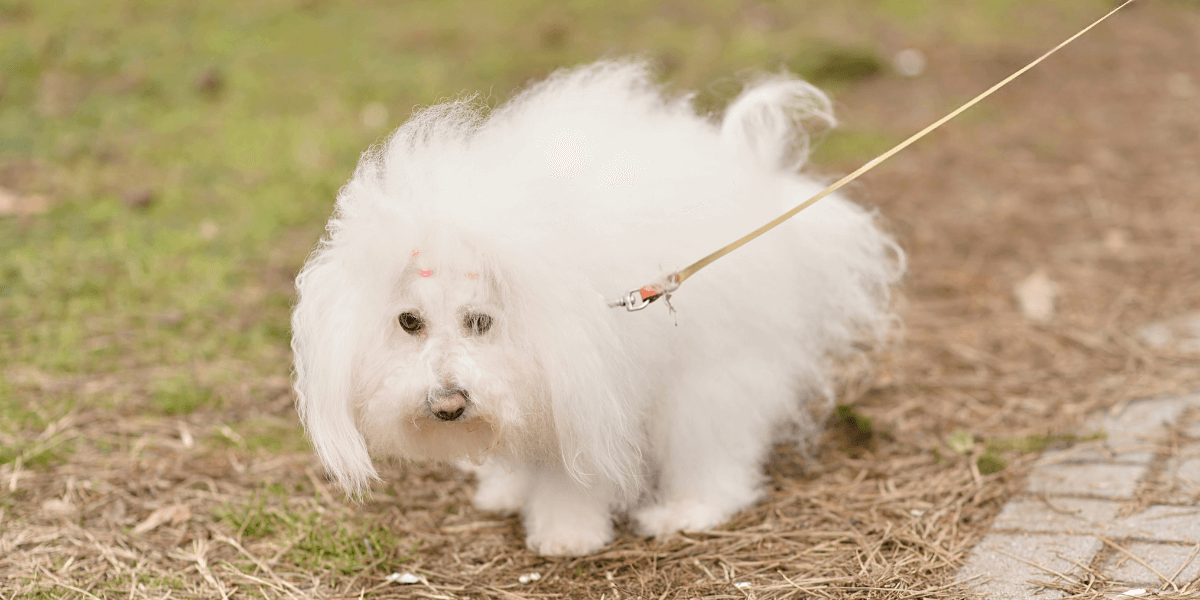
Havanese are intelligent and respond well to positive reinforcement training techniques.
- Positive reinforcement: They excel with rewards like treats and praise for good behavior
- Consistency: Regular training sessions help your Havanese learn commands faster
- Socialization: Early interaction with people and dogs is crucial for a well-rounded dog
- Crate training: Helps with housebreaking and provides a safe space for relaxation
- Basic commands: Teach sit, stay, and come for good manners and obedience
- Housebreaking: Patience and a consistent schedule are key for training your Havanese
- Leash training: Havanese need to learn leash manners to ensure enjoyable walks
Unlock effective training techniques for your Havanese by exploring tips and tricks for raising a well-behaved companion.
7. Traveling with Your Havanese
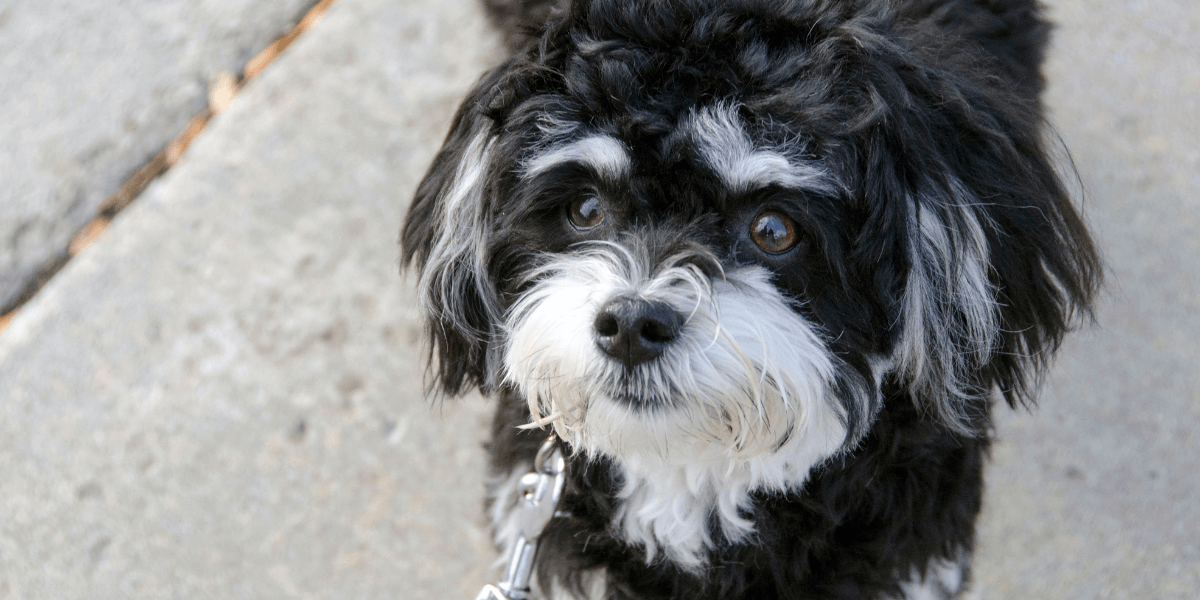
Havanese dogs are great travel companions due to their size and temperament.
- Travel-friendly size: Their small size makes them easy to carry in carriers or on laps
- Car safety: Always secure them in a crate or with a dog seatbelt for car rides
- Plane travel: Many airlines allow small dogs like Havanese to travel in the cabin
- Hotel stays: Havanese are well-behaved, perfect for pet-friendly hotels and stays
- Packing essentials: Bring their food, water, toy, and a travel bed for comfort on the go
- Rest breaks: Frequent stops are needed for them to stretch and relieve themselves
- Vet checkups: Ensure vaccinations are current and pack health records before trips
Discover the best travel tips by comparing how Bernese Mountain Dogs and Newfoundlands handle trips.
FAQs
1. How often should I groom my Havanese?
- Havanese need grooming every 6-8 weeks to maintain their coat
2. Do Havanese dogs shed a lot?
- Havanese are low-shedding dogs, making them great for allergy sufferers
3. What is the average lifespan of a Havanese?
- The average lifespan of a Havanese is between 14 to 16 years
4. Are Havanese good with children?
- Yes, as noted in the Ultimate Guide to Havanese, they are gentle and great with kids
5. How much exercise does a Havanese need?
- They need about 30 minutes of exercise daily to stay healthy and active
6. Can I leave my Havanese alone for long hours?
- Havanese can develop separation anxiety if left alone for extended periods
7. Are Havanese easy to train?
- Yes, Havanese are intelligent and respond well to positive reinforcement training
Conclusion
- The ultimate guide to Havanese shows their playful, affectionate nature and family fit
- Regular grooming and proper nutrition are key to their overall health
- Socialization and training from a young age ensure they become well-behaved companions
- Exercise is important, but their small size makes them suitable for apartment living
- They are prone to certain health issues, so regular vet checkups are essential
- With the right care, Havanese can live long, healthy, and happy lives
Like this guide? Share it with fellow dog lovers!
References
For more info on The Ultimate Guide to Havanese, check out these resources:




